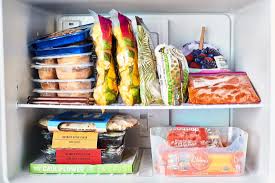Caveat Emptor- Buyers Beware!

- Dealing honestly and fairly
- Loyalty
- Confidentiality
- Obedience
- Full disclosure
- Accounting for all funds
- Skill, care, and diligence in the transaction
- Presenting all offers and counteroffers in a timely manner, unless a party has previously directed the licensee otherwise in writing
- Disclosing all known facts that materially affect the value of residential real property and are not readily observable






















 Kim N. Bregman
Kim N. Bregman